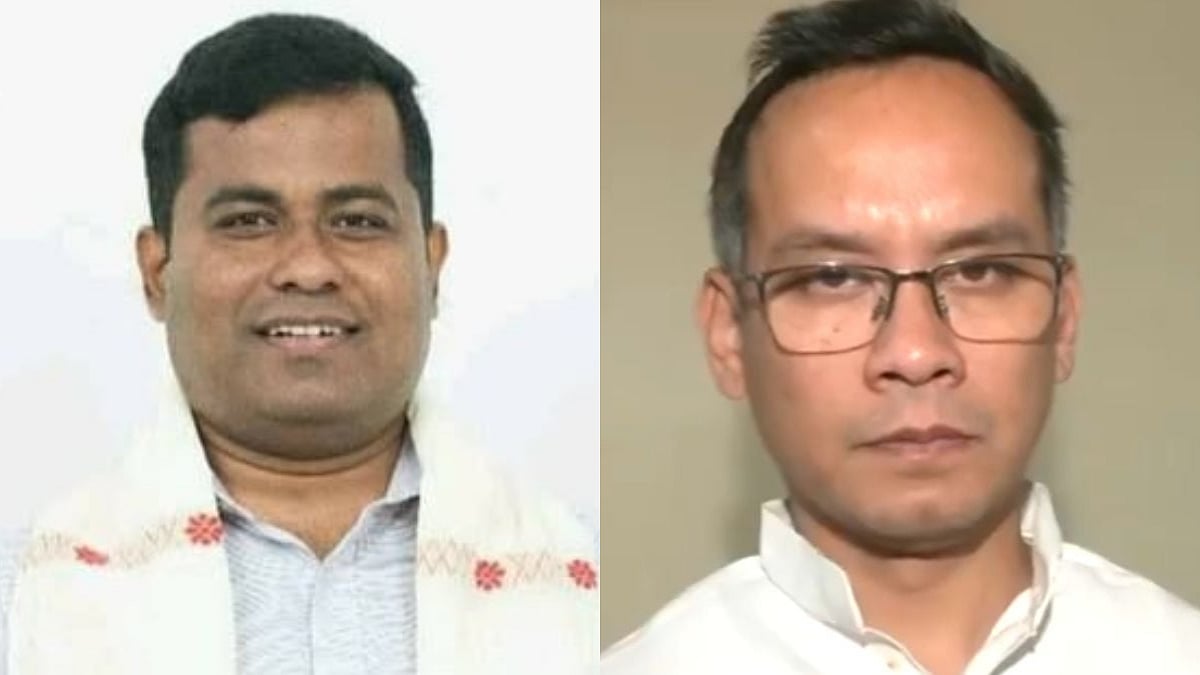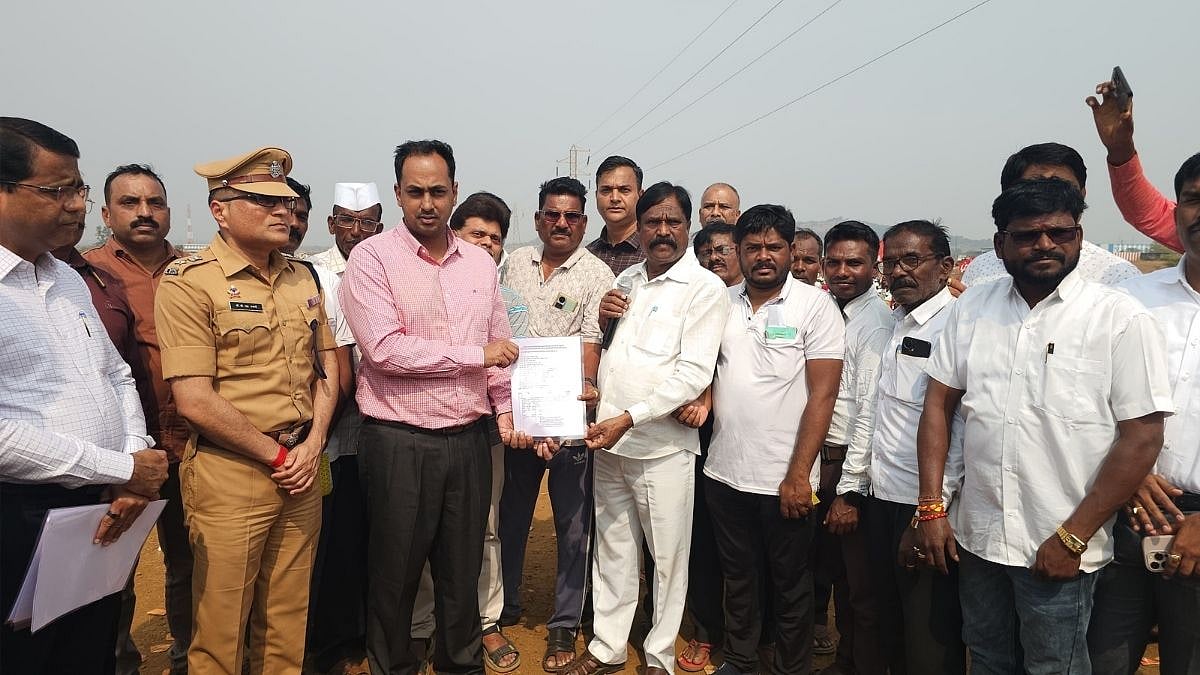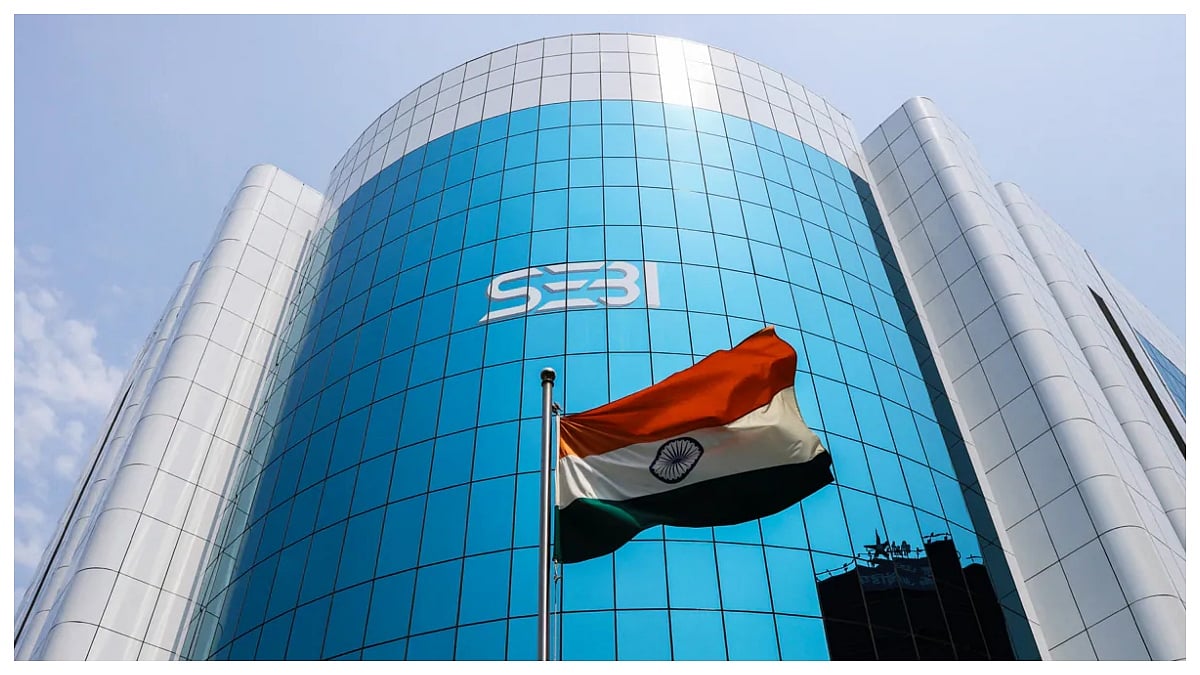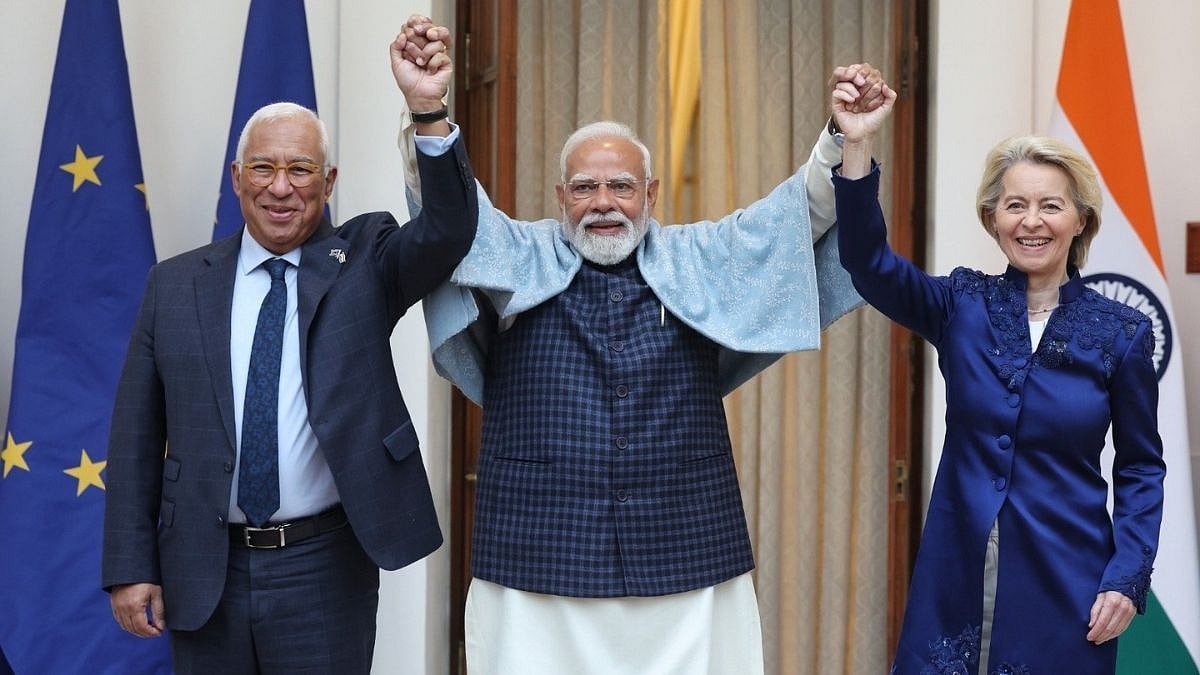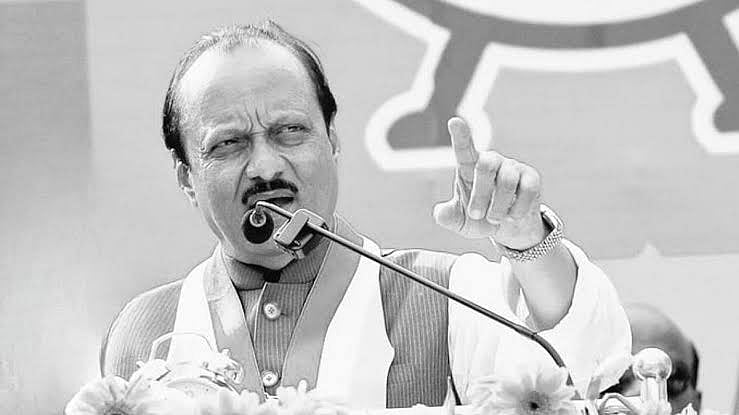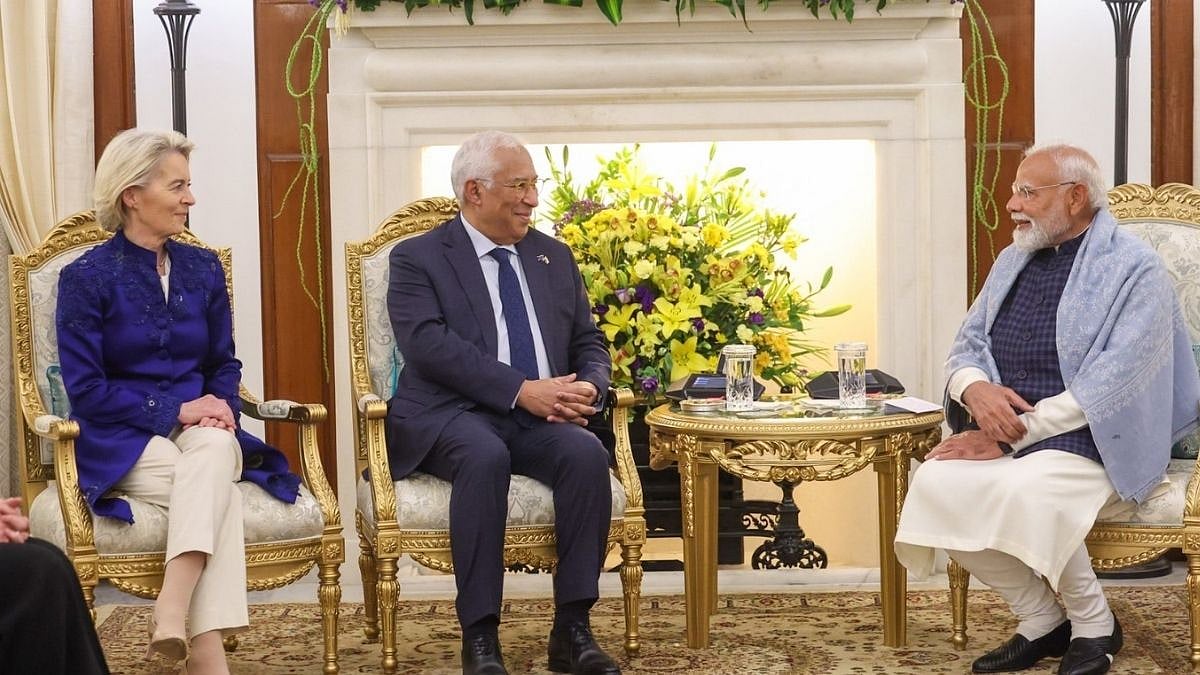The Supreme Court finally sentenced fugitive businessman Vijay Mallya to four months' imprisonment and a fine of Rs 2000 on July 11, after waiting patiently since May 9, 2017 when it held him guilty of contempt of court. Did the apex court pass the sentence to prod the GOI into preventing the British government from cocooning him? In addition, and befittingly, he has also been ordered to return $ 40 million along with interest at the rate of 8% pa within four weeks. In fact, this was the amount that was the genesis of the contempt case. Mallya got it as severance fee from British liquor major Diageo Plc following his resignation as Chairman of United Spirits Limited, a subsidiary of Diageo, in February 2016 which he failed to disclose to the Apex Court when it asked him to make a clean breast of his assets. And he had the gall to make light of the deliberate omission by saying smugly that he gets to deal with millions of dollars every day and it was too piffling an amount to be remembered. When the bluff and buster didn’t work, he claimed that he had already distributed the amount among his children. In financial or white-collar crimes, the ends of justice are met by disgorgement orders. Furthermore, in bankruptcy proceedings such convenient transfers are called fraudulent preferences. The SC has hit him where it hurts insofar as the contempt case is concerned. The question is how the imprisonment order would be enforced unless he is extradited. He would happily and readily pay up the laughably small penalty though.
Vijay Mallya slunk out of India on March 2, 2016 apprehending imminent arrest for non-repayment of loans to the grounded Kingfisher Airlines aggregating to Rs 9000 crore by the Indian banking system, diversion of funds and money laundering. He got repeated rounds of financing by gaming the system to his advantage through “phone banking”, the prime minister's colourful euphemism for the cliched “behest lending”. No banker accepts “brands” created out of thin air as collateral. No bank accepts the shares of a nosediving company in lieu of loans. Yet all these unthinkable banking practices happened thanks to his wheeling-dealing prowess.
In 2018, the Narendra Modi government enacted the Fugitives Economic offences Act, stung by another act of decampment this time round by the diamantaire Nirav Modi who in league with his uncle Mehul Choksi defrauded Punjab National Bank of a staggering amount of Rs 13,700 crore. The law enables the Indian government to confiscate the Indian as well as foreign assets of fugitives towards clearance of their dues to Indian banks and governments. Mallya has the dubious distinction of being the first to be declared fugitive under the nascent law by a special Mumbai Court on 5th January 2019.
Indeed, the law has sent shivers down the spines of crooks. The prime minister exulted over the fact that the Indian law enforcing agencies like the Enforcement Directorate and income tax authorities between them had already seized Mallya’s assets worth Rs 14,000 crore. The wily fugitive has used this to turn the tables on the Indian government by asking with injured innocence, hey why do you want me extradited when you have my assets to repay yourself with? While it is true that in white-collar crimes, disgorgement is the most appropriate punishment, it is by no means sufficient. He needs to be brought to justice for diversion of company funds, money laundering and other related financial crimes against the country.
It is going to be more than two years since Mallya lost the legal battle in the UK when its Supreme Court in May 2020 upheld his extradition order. He has since changed tack and made it a political battle in the manner of death-row convicts making desperate mercy petitions to the President of India. He has been a resident of the UK since 1992, ergo he isn’t a fugitive, is one line reportedly used to avoid extradition. Another line of argument is that when the Indian government has him by the scruff of his collar having seized his assets to the tune of Rs 14,000 crore, why on earth does it need him? The third is the human rights angle that invariably seems to move the UK government — his claim that Arthur Road jail is inhuman and unclean. Prisons are penitentiaries, not luxury resorts. One hopes the British government is not swayed by any of these specious and self-serving arguments. But one is afraid its track record hardly inspires confidence with just two persons having been extradited under the 1992 Indo-UK treaty with one of them voluntarily surrendering without kicking and screaming. It has to live down the dubious reputation of sheltering crooks just as Switzerland has to live down the age-old and widespread charge of harbouring and indulging their loot with its banking secrecy law. The Indian government must bestir itself lest the majesty of Indian law and of the Supreme Court is trifled with. To be sure, it, as early as in June 2020, told the British government not to consider his request for political asylum, but it seems to be up against a powerful wall of resistance.
Only his trial in India can shed full light on how he was repeatedly indulged with more and more loans in a manner of throwing good money after bad. It may not be fanciful to say that vested interests want him to stay put in Britain for the fear that he might spill the beans in an Indian trial.
Mallya’s is a test case. If the Indian government fails in persuading the British government, it will give a leg-up and boost the hopes of another fugitive, Nirav Modi, who has been trying to block his extradition to India. Several others including those who have already bought properties in London might follow suit.
The author is a freelance columnist for various publications and writes on economics, business, legal, and taxation issues

